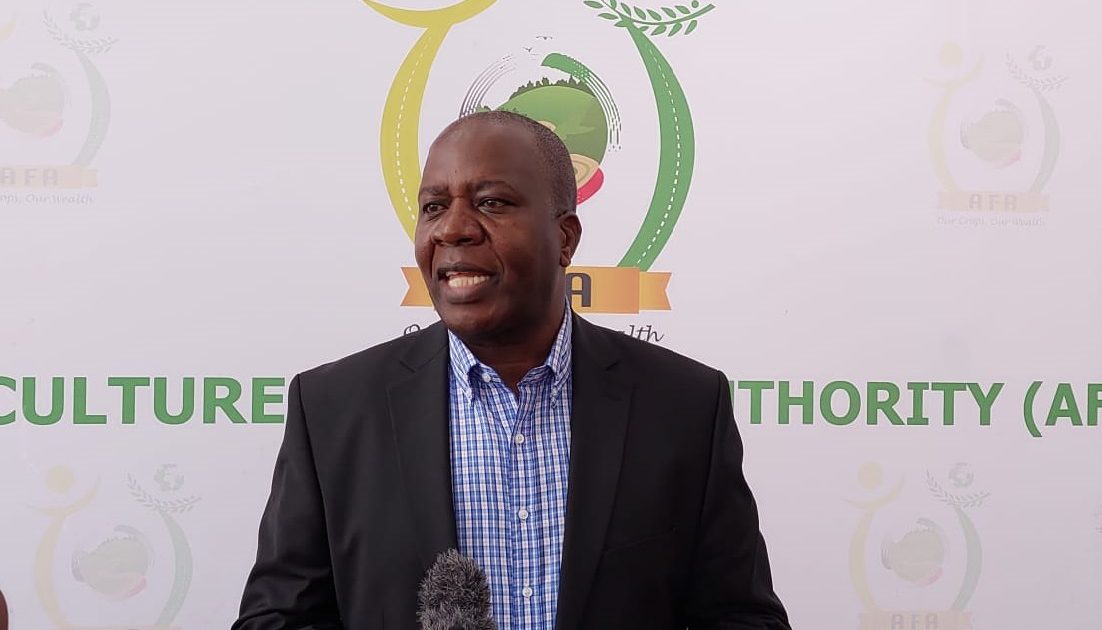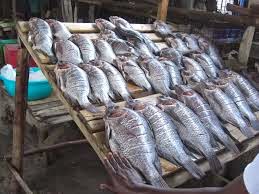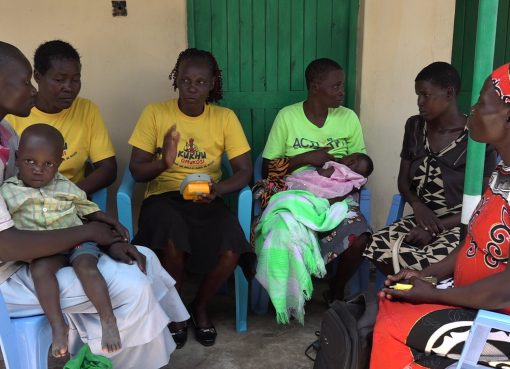The Ministry of Agriculture, through the Agriculture and Food Authority (AFA), has developed an online National Horticulture Traceability System (NHTS), which is meant to automate the process of fresh produce traceability from farm to market.
The system, which was developed in partnership with the USAID-funded Kenya Crops and Dairy Market Systems (RTI-KCDMS) project, is geared towards increasing transparency and accountability in the horticultural supply chains in response to recent challenges faced by the industry in complying with the European Union’s (EU) international food safety requirements.
AFA Chairman Cornelly Serem said that Kenya has in the past faced challenges in accessing international markets, and these challenges include lack of a national traceability system for horticultural produce, frequent interceptions of exports due to excessive pesticide residue limits, and the presence of regulated pests in export consignments.
Speaking on Wednesday at a Nairobi hotel during the launch, Serem said that these challenges pose a threat to the competitiveness of Kenyan horticulture exports to the EU, which is our main market.
“The implementation of this system will bring about a paradigm shift not only in the horticulture sector but also in other agricultural sectors. As we roll out the implementation of the system, we will endeavour to integrate it with that of other relevant government agencies such as the Pest Control Products Board (PCPB) and the Kenya Plant Health Inspectorate Service (KEPHIS) for ease of access by stakeholders,” said Serem.
The chairman said that the government recognises the significant role played by USAID through the RTI-KCDMS project in the redevelopment of this system and generally in the growth of the horticulture sub-sector in this country.
“We commend USAID not only for their contribution to growing this sector, but more so for the collaboration and cooperation we have had over the years. Indeed, the deployment of this system will go a long way in addressing the issues with regard to market requirements and compliance for both the domestic and international markets,” said Serem.
He thanked the US government through the USAID Kenya and East Africa representatives for their support in developing the new National Horticulture Traceability System, saying that this collaboration goes a long way in further strengthening the long-standing diplomatic and trade ties between Kenya and the United States.
Serem explained that the horticulture industry is the leading sub-sector, especially in the production of export produce. In 2022, Kenya exported 391,507 tonnes of horticultural produce valued at Sh147 billion.
“This consisted of flowers (71%), vegetables (16%), and fruits (13%) by value. The European Union, particularly the Netherlands, are the major buyers of flowers, followed by Australia. The major buyers of our vegetables are the EU and UK, while buyers of fruits include the EU and Middle East countries. Emerging markets include China, Malaysia, Eastern Europe, Scandinavian and Northern Africa countries, Romania, and India, which recently received the first shipment of Kenyan avocado,” said Serem.
He added that Kenya is currently the leading exporter of avocados in Africa and is ranked among the top 10 world avocado exporters. In 2022, the country exported avocados valued at Sh15.5 billion.
“For these reasons, the government has made deliberate efforts to develop strategies to increase horticultural production in order to fully exploit the potential in the sector,” he said.
Dr. Robert Mwadime, who is the Chief of Party (CoP) for the Kenya Crops and Dairy Market Systems (KCDMS), a USAID-funded project, commended AFA for the milestone achievement, saying that their diligent work and determination have put them a class above their counterparts in government Ministries, Departments and Agencies (MDA’s).
“AFA pushed hard for the implementation of this traceability system without even asking for allowances, and I was so excited to work with them,” said Dr. Mwadime.
He explained that they have been working with other government agencies like the Kenya Agricultural and Livestock Research Organisation (KALRO), where there has been a lot of investment in technology transfer.
“We have had a lot of investment in the Kenya Plant Health Inspectorate Service (KEPHIS) on seed production, especially drought-tolerant seeds, and there has also been a lot of investment in the counties on technology transfer,” said Dr. Mwadime.
He explained that they have also heavily invested in the Ministry of Agriculture and Livestock through the animals’ nutrition materials.
“We have had legislation on the dairy sector, food systems strategies, promotion of nutritious indigenous food, soil health, and all these were investments by USAID in the last five years through KCDMS,” said Dr. Mwadime.
By Joseph Ng’ang’a





